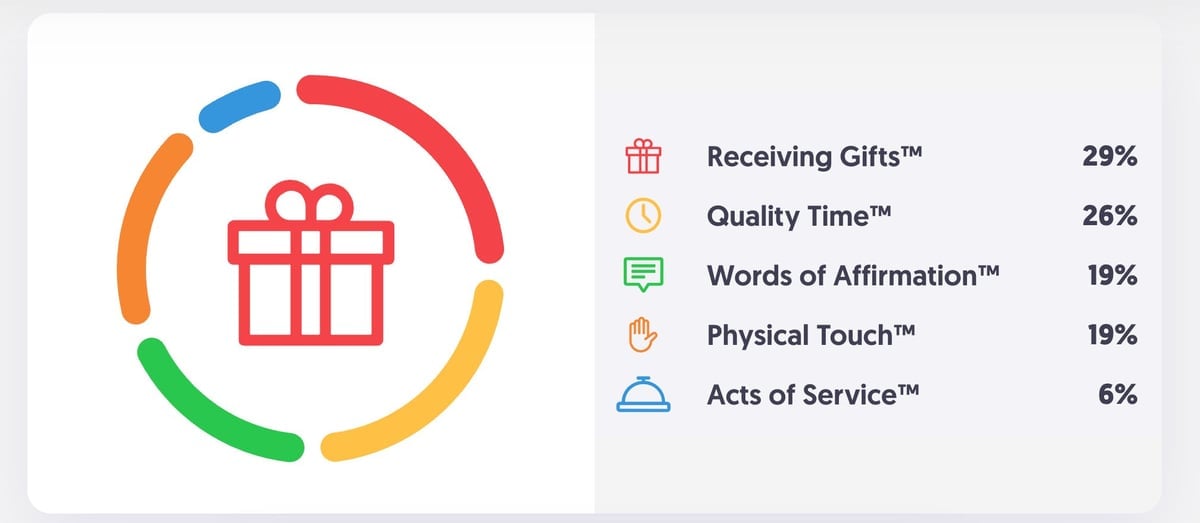
"So... What's your love language?"
A lot of us spent 2019-2021 hunkered down in our homes with our loved ones and began to analyse the nitty-gritty details of our relationships as a lockdown hobby. For some, this led to a breakup and for others, it led to stronger connections.
Our obsession with our relationships brought up different psychology studies from the woodwork as they began trending in most households.
Watch: Horoscopes & breakups. Post continues below.
The most common of them all? The five types of love languages.
Love languages were first introduced in 1992 in a book called The 5 Love Languages: The Secret to Love That Lasts, by Baptist pastor Gary Chapman.
Now, over 20 years later, love languages are still trending and the way we're learning about them has evolved as well. Through a (suspicious-looking) website, you can now take a 30-question quiz to find out whether your main form of love language is physical touch, words of affirmation, acts of service, gift giving (same) or quality time.
Soon, I knew my love language, as well as my parents, friends and co-workers.
I could also easily work out all my ex-boyfriend's love languages as well (none of them were quality time FYI).


Top Comments